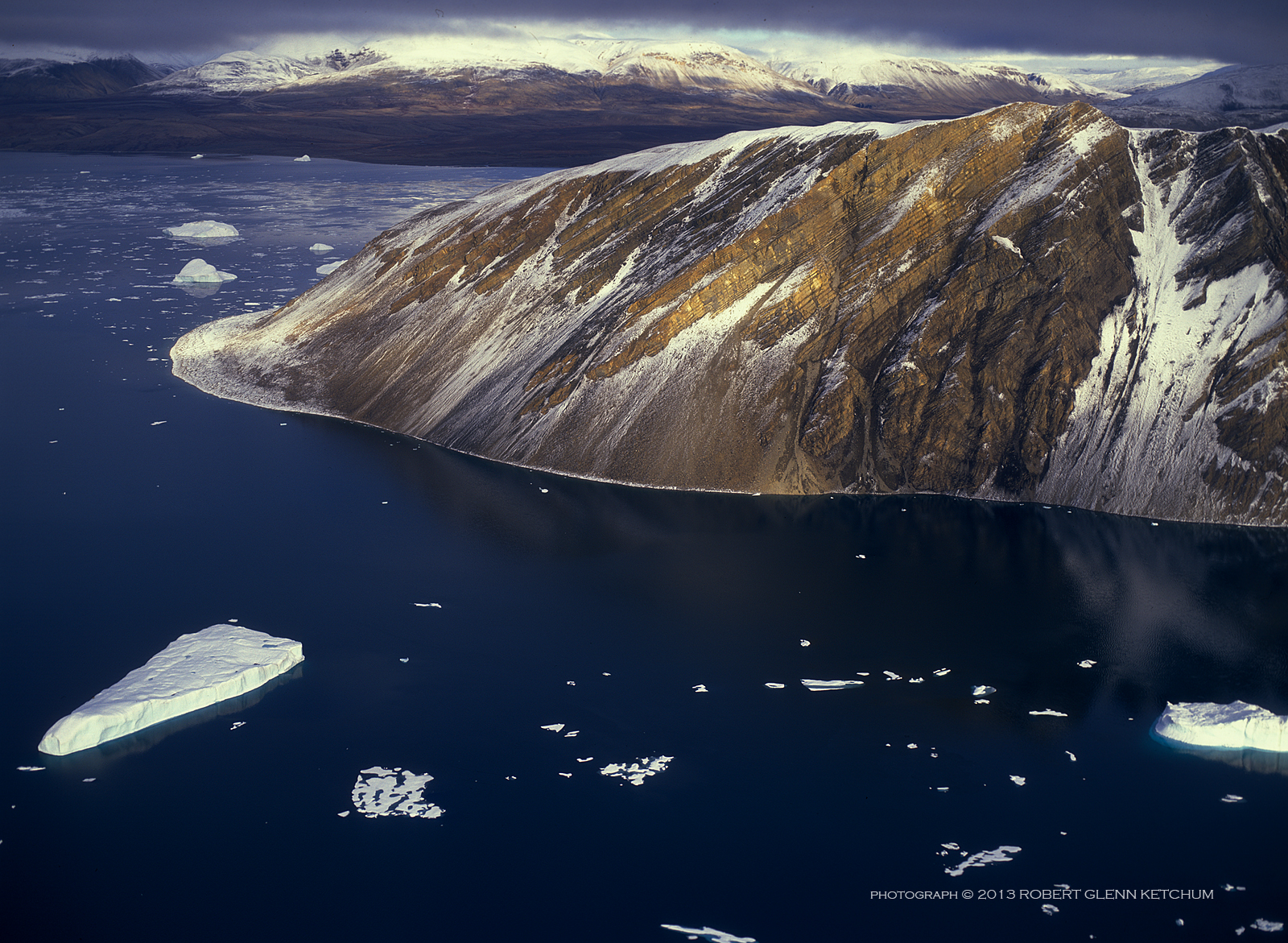Newsflash: Not All Climate Stories are Dismal, Scientists Actually Try to Discover the Truth
Legal Planet: Environmental Law and Policy 2014-01-15

NPR aired a story this week about what scientists thought, in 2008, were ominous signs of a warming ocean. Churning bubbles of methane — a very potent greenhouse gas — were pouring out of the ocean floor in Arctic Norway. Scientists theorized that as the globe and the oceans warmed, the methane trapped in the ocean floor was leaking out and could, potentially, accelerate global warming.
Climate change deniers frequently accuse scientists and the United Nations of perpetrating a hoax on the public in claiming that humans are causing the globe to warm. How this vast conspiracy would work is, of course, unclear, though part of the story is supposedly that scientists want grant money and can only get it if they peddle research aimed at confirming the conspiracy. Another part is that Democrats use global warming to justify imposing burdensome regulations on businesses, well, apparently just because Democrats like regulating for no apparent reason.
If the conspiracy is actually working, then scientists should leave alone stories like the methane leaks in the Arctic Ocean, right? But the scientists who originally discovered the methane leaks and worried about their origins did what good scientists are paid to do: they attempted to discover whether their hypothesis that modern climate change was causing or at least contributing to the leaks was accurate. And they found, instead, that their hypothesis was wrong. Subsequent expeditions to the Arctic floor demonstrated that the leaks have occurred for thousands of years and are thus most likely naturally occurring, not the result of human-induced climate change.
Maybe the scientists who refuted their initial hypothesis were somehow left out of the conspiracy. But how, then, do the climate deniers explain why one of the leading scientific journals in the world, Science, chose to publish their article?